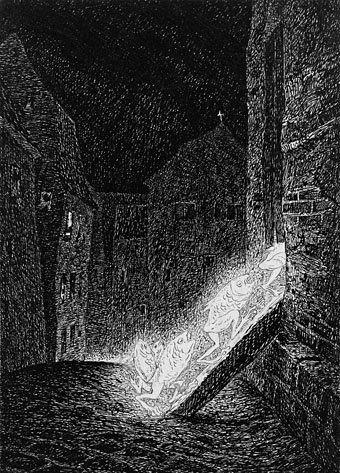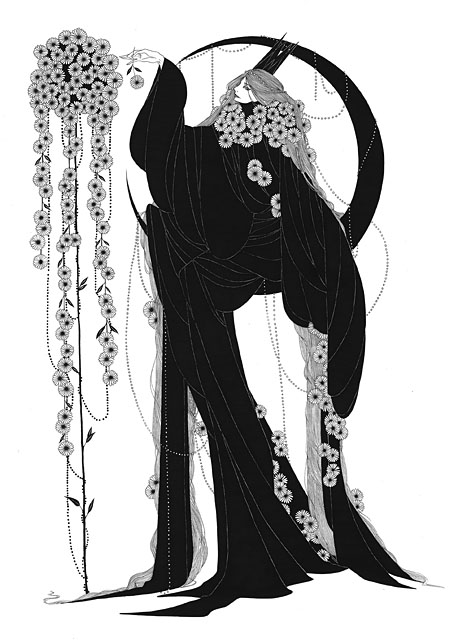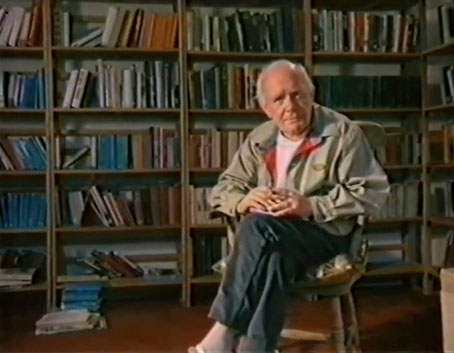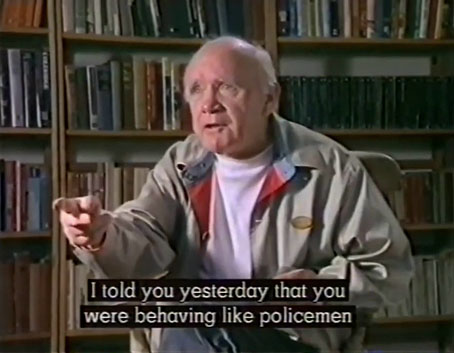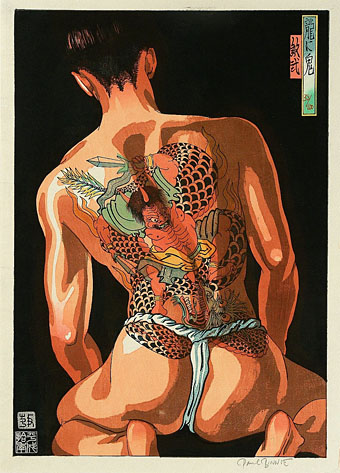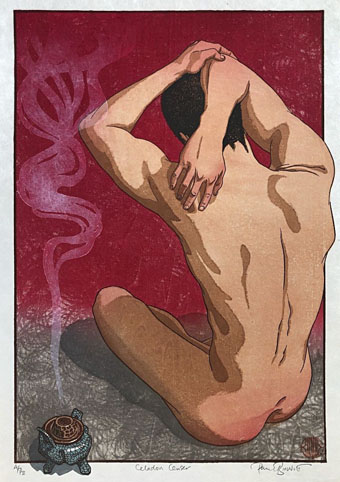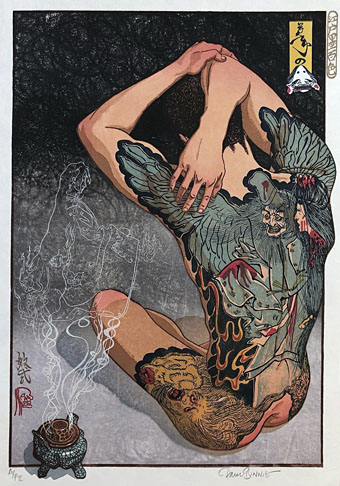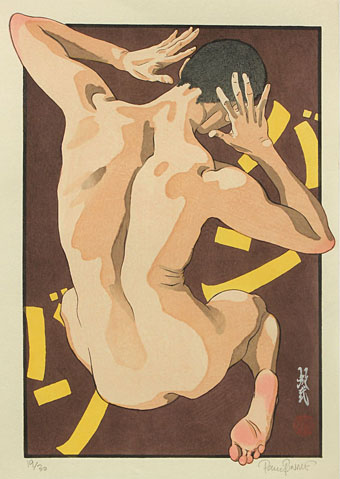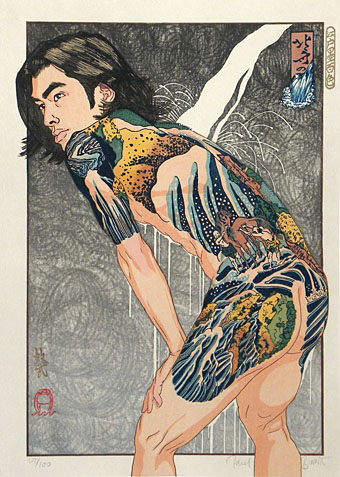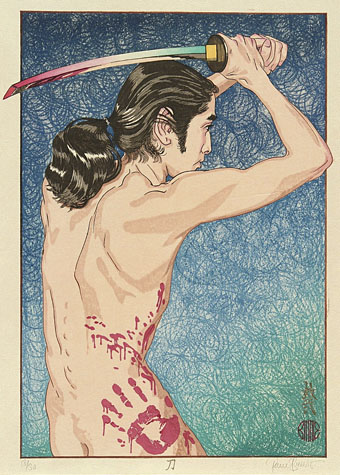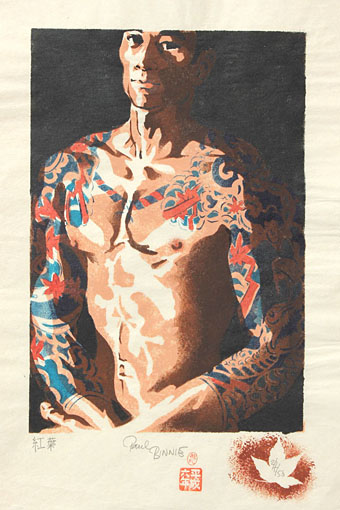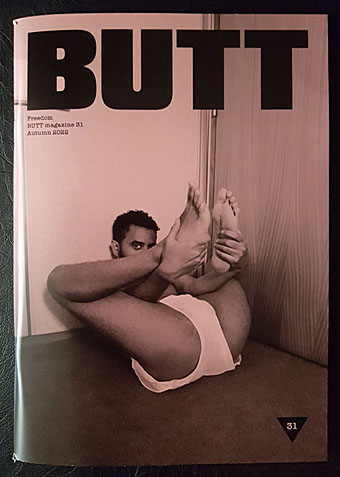Entrance of the Fish Frogs (1919) by Fritz Schwimbeck. Via.
• “This bold chunk of fiction comes garlanded with the promise that it is written in Polari, the historical cant of British gay male society. This turns out to be not quite true—Polari was only ever a vocabulary, rather than a full language—but it certainly indicates where we’re heading; back to the late 1960s, when Polari had its heyday, and far out into the choppy waters of linguistic transgression. The largest part of the book is taken up with what purports to be a typescript of the ‘anarcho-surrealist’ memoirs of one Raymond Novak. The tersest summary of Novak’s literary stylings might be to say that Julian and Sandy, those Polari-dishing stars of Round the Horne, meet Bataille and Breton—and lose.” Neil Bartlett reviewing Man-Eating Typewriter by Richard Milward. • Related: You’ve got male: British beefcake photos from the 1940s to the 1970s.
• Among the new titles at Standard Ebooks, the home of free, high-quality, public-domain texts: Can Such Things Be? (1893) by Ambrose Bierce, a collection of weird fiction that includes the story that gave the world the name “Carcosa”. Also The Hashish Eater (1857), Fitz Hugh Ludlow’s account of his drug experiences.
• “…despite the book’s title, there is very little explicitly sexual here.” Hunter Dukes on Cultus Arborum: A Descriptive Account of Phallic Tree Worship (1890), a privately-printed volume believed to be the work of Hargrave Jennings.
• New music: Tenere Den by Tinariwen, Offworld Radiation Therapy by Memnon Sa, and Die Untergründigen by Alva Noto.
• At Spoon & Tamago: Japanese buildings that are shaped like the things they sell.
• At Unquiet Things: The papercut art of Ivonne Garcia.
• Mix of the week: DreamScenes – March 2023.
• Hashish (1968) by West Coast Natural Gas | The Hashishins (1970) by Ry Cooder & Buffy Sainte-Marie | Hassan I Sahba (1977) by Hawkwind

